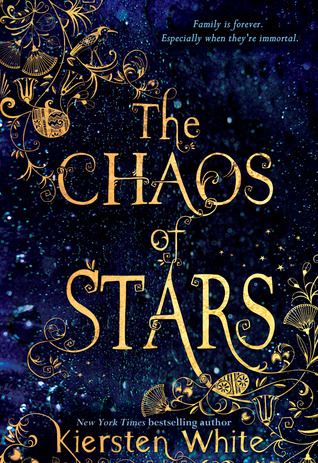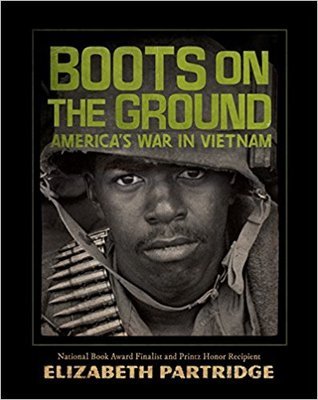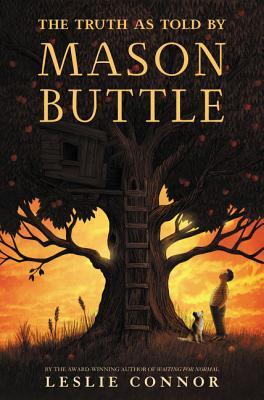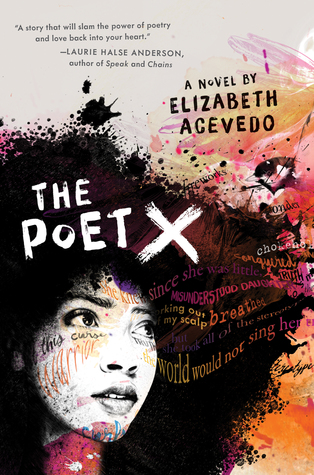This is a guest post written by Megan Sutton
Things aren’t easy when you’re the daughter of ancient Egyptian deities. No one knows that better than Isadora, who is the mortal offspring of Isis, the goddess of magic and wisdom, and Osiris, the god of the dead and ruler of the underworld. The Chaos of Stars traces her steps as she runs off to California in the hopes of escaping their clutches and living a separate life, but she soon realizes that her connection to her parents is much more complicated than mere geography. Dark, terrifying dreams haunt her at night and they’re dangerous enough to kill a god.
is the mortal offspring of Isis, the goddess of magic and wisdom, and Osiris, the god of the dead and ruler of the underworld. The Chaos of Stars traces her steps as she runs off to California in the hopes of escaping their clutches and living a separate life, but she soon realizes that her connection to her parents is much more complicated than mere geography. Dark, terrifying dreams haunt her at night and they’re dangerous enough to kill a god.
Here, author Kiersten White puts a spin on family drama with Egyptian mythology. Other than having immortals for parents, Isadora leads a typical life. She makes friends with interesting fellows like energetic Tyler and the Greek boy Ry, and her days in California are an odd mix of interior design and worshipping god. Although she may resent her parents, she still plans to build a museum dedicated to them someday. It’s confusing, but totally understandable.
Isadora’s feelings, as White relays them, are relatable. She thinks her parents never truly loved her, especially since they made her mortal while the rest of her relatives get to live forever. The grudge grows as soon as she finds out about her mother’s pregnancy. Isadora also has a difficult time with love, like most people her age do. Her witty charm and sarcastic views of the world makes for a delightful read, but sometimes come off as a little too self-absorbed.
All in all, fans of White and her work will understand that her fascination with ancient Egypt runs deep; the first book she ever wrote was set in Egypt. White has said many times that Egyptian mythology is blunt and straightforward, and its family feuds are even more complicated than that of Greek myths — which is delightfully reflected in her printed work.
But the effect of this deep respect and reference to the ancient is that it encourages readers to explore well-known deities and characters in a new light. After all, Egyptian mythological icons have survived generations and become an interesting part of modern pop culture, so much so that both Isis and Osiris are familiar names, regardless of how well versed people are about the lore. For one, they both appear as characters in the 2016 film Gods of Egypt. In the well-known video game Assassin’s Creed: Origins, which is also set in ancient Egypt, both Isis and Osiris are referenced numerous times. On a smaller scale, they are featured in Egyptian-themed games on online portal Slingo. Titles like Temple of Iris, Pyramid: Quest for Immortality, and Crown of Egypt feature the deities’ common images so that players can recognize them immediately. And although not everyone is familiar with Egyptian mythology that doesn’t mean that Chaos of the Stars isn’t for everyone – as it is. It is an enthralling read that doesn’t solely focus on in-depth knowledge about the ancient Egyptian gods.
So, while the book certainly leans on Egyptian mythology, the narrative focuses less on the details of the lore in favor of highlighting common family issues. This may be a disappointment for readers who picked up the book to expand their understanding of Egyptian gods. But if you do enjoy it, it’s important to understand that White has written books with similar fantastical themes. Her latest novel, Slayer, is a story set in Joss Whedon’s Buffy the Vampire Slayer universe. She is also author of the Paranormalcy trilogy, a highly acclaimed series that landed on the New York Times best-seller list.
For more book reviews, feel free to explore Tales for All Ages.




